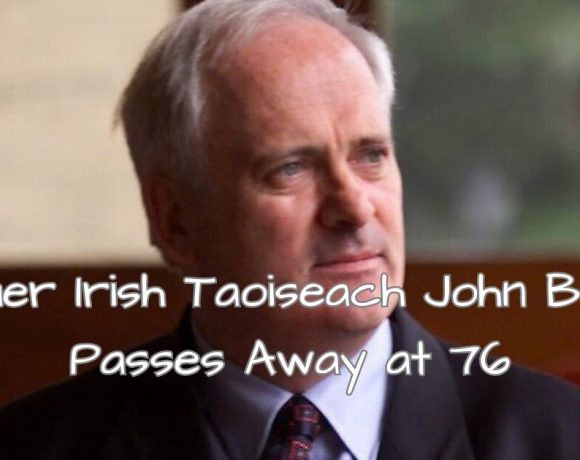
After years of negotiations, the European Parliament has approved a significant reform aimed at tightening the EU’s migration and asylum regulations. The EU Asylum and Migration Pact, which has been in development since 2015, is set to become effective in two years’ time. Its objectives include expediting the asylum process, enhancing the repatriation of irregular migrants to their home countries, and establishing a system of shared responsibility among EU member states for asylum seekers.
Last year, there was a notable increase in illegal border crossings within the EU, prompting the need for such reforms. The pact, though met with some opposition from certain member states, is expected to gain full approval by the end of April through majority voting.
Under the proposed rules, EU countries will be obligated to either accept a quota of migrants from frontline countries like Italy, Greece, and Spain, or provide additional financial aid or resources. Additionally, the pact emphasizes swift processing of asylum claims, particularly those deemed to have low chances of approval, and aims to reach decisions within a maximum of 12 weeks. Forcible returns of rejected asylum seekers to their home countries would also need to occur within the same timeframe.
The pact introduces stricter pre-entry screening procedures within seven days of arrival, including biometric data collection for migrants aged six and above. It also establishes mechanisms to address sudden influxes of migrants.
The pact received support from the two main political groups in the European Parliament, although it faced opposition from some left-wing and far-right factions, as well as NGOs. Critics argue that the agreement may lead to increased suffering for asylum seekers, particularly those with low chances of acceptance, who might undergo processing on border islands or in detention facilities with limited access to fair procedures.
Despite its imperfections, many MEPs saw the pact as a workable compromise, acknowledging its significance in addressing the challenges of migration within the EU. However, concerns remain regarding the potential consequences of expedited processes and increased detention.
Picture Courtesy: Google/images are subject to copyright




